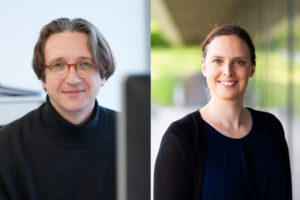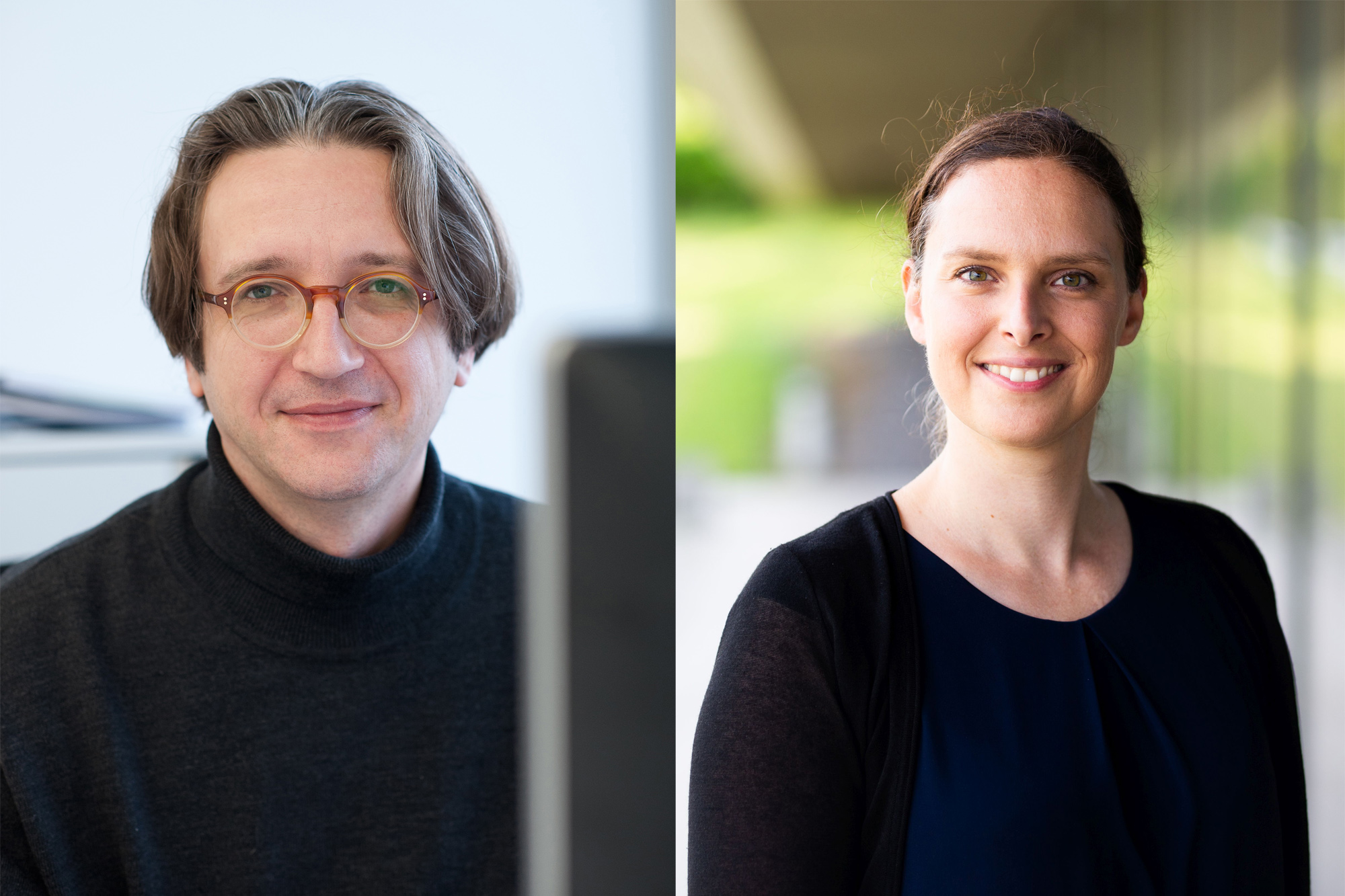Cross-location research on key technologies: The Centre for Integrated Quantum Science and Technology IQST in Ulm and Stuttgart combines excellent basic research with the development of applications with a quantum advantage. Effective immediately, Professor Stefanie Barz from the University of Stuttgart and Professor Fedor Jelezko from the University of Ulm will lead the centre for four years.
Since its foundation, the IQST has established itself internationally as one of the leading quantum centres. The interdisciplinary research platform unites scientists from the Universities of Ulm and Stuttgart as well as the Stuttgart Max Planck Institute for Solid State Research. The IQST conducts research into the fundamentals of next-generation quantum technologies and develops future-oriented applications such as quantum computers, quantum sensors and quantum communication. Experts from physics, computer science, chemistry, biology and engineering work closely together in interdisciplinary projects. Cooperations with partners from industry form the basis for transferring the research results into technical applications.
Since May 2022, the centre has been led by a new board of directors: Professor Fedor Jelezko researches solid-state-based quantum systems and their applications at the University of Ulm. He heads the IQST together with Professor Stefanie Barz, who is dedicated to photonic quantum technologies and their applications in quantum communication and quantum computing at the University of Stuttgart. Both are excited about the new task and want to make the centre ready for the next quantum revolution together with the new board.
One focus of the IQST is interdisciplinary cooperation, which is to be further strengthened in the future. In Stuttgart, the cooperation between physics, engineering sciences and computer science is to be further expanded: “The close interlocking of the various disciplines is the prerequisite for the creation of quantum technologies,” says Barz. In Ulm, the connection to the life sciences and medicine is to be intensified. “Quantum sensors are to be used in medical applications, for example, to achieve better imaging,” explains Jelezko.
The IQST is to play an important role in the coordination of various research projects that are being funded, for example, in the course of the federal government’s strategic initiative on quantum computing. New cooperations with industrial partners and further links to research institutions are also envisaged, such as in research into quantum technologies for space travel. Last but not least, the IQST sees itself as responsible for the training of young scientists and would like to interlink the study concepts of both locations more closely. In addition, it is important to further strengthen cooperation and exchange with national and international research institutions: “Only if we bundle our competences can we make the immense potential of the second quantum revolution usable for science, industry and society,” emphasise the new directors.

